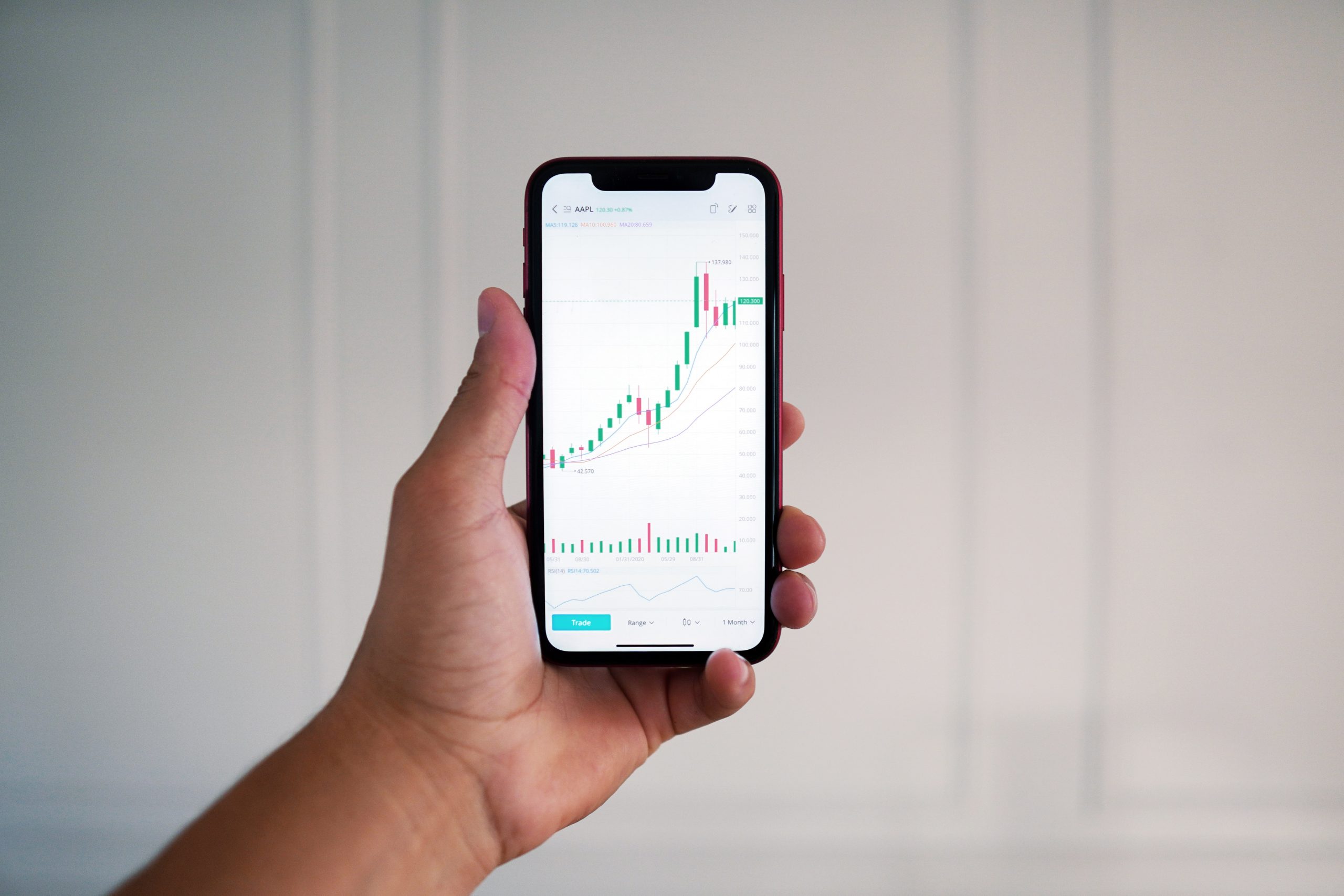Are you feeling the relief in the air? Stocks have been rallying, and it’s not just investors who are breathing a sigh of relief. The recent surge is signaling positive news for businesses, workers, and consumers alike. But what does this upswing really mean for our economy as a whole? In this blog post, we’ll take a closer look at the implications of this relief rally and explore how it could impact your financial future.”
The stock market rally
The stock market has been on a tear lately, with the Dow Jones Industrial Average and S&P 500 both hitting new all-time highs. The rally has been driven by a combination of strong corporate earnings, rising optimism about the economy, and the prospect of lower taxes under the Trump administration.
But what does this stock market rally mean for the economy?
Some economists are worried that it could be a sign that the economy is overheating and headed for a recession. After all, stock prices tend to peak before the economy turns south.
However, other analysts believe that the rally is simply a reflection of improving economic conditions and is not cause for concern. They point to strong economic data, including low unemployment and rising wages, as evidence that there is still plenty of room for growth.
So far, there is no clear consensus on what the stock market rally means for the economy. But one thing is certain: it’s giving investors a lot to think about.
What does it mean for the economy?
When stock prices go up, it’s called a “rally.” A relief rally happens when stocks have been going down for a while and then they start going up again. This can be because investors are relieved that the bad news is over or that they think the worst is over.
When there’s a relief rally in the stock market, it can be a good sign for the economy. It means that investors are feeling more confident about the future and they’re willing to put their money into stocks again. This can lead to more investment and more economic activity.
However, it’s important to remember that stock prices don’t always reflect the underlying health of the economy. Sometimes, investors get too optimistic and prices go up even when the fundamentals are weak. And sometimes, stock prices fall even when the economy is doing well. So, it’s important to look at other indicators before making any decisions about the economy.
How long will it last?
The stock market rally that started in late March has been a relief for many investors. The Dow Jones Industrial Average is up more than 30% from its lows, and other indexes have gained even more. But the question on everyone’s mind is: How long will it last?
There are a few things to consider when trying to answer that question. First, it’s important to remember that the stock market is not the economy. They are closely related, but they are not the same thing. The stock market is a collection of stocks (or equity securities) that traded on exchanges. The economy is a much broader concept that encompasses all the activity of a country or region.
That said, the stock market does provide some clues about what might be happening in the broader economy. For example, when company stock prices are rising, it generally means that those companies are doing well and their prospects for future growth are good. That can be a sign that the overall economy is also doing well.
Of course, there are no guarantees in the stock market (or anywhere else). Stocks can go up or down at any time for any number of reasons. And just because stocks are doing well doesn’t mean the economy will automatically follow suit. But if you’re looking for clues about where the economy might be headed, the stock market is a good place to start.
What should investors do?
When it comes to investing, there are a few things that you can do in order to make sure that you are making the best decision for your money. First and foremost, you should always consult with a financial advisor to get professional guidance. Additionally, it is important to stay up-to-date on economic news and indicators in order to understand how they may impact your investments. And finally, diversification is key in investing; don’t put all of your eggs in one basket. By following these tips, you can help ensure that your investment decisions are based on sound information and logic.
Conclusion
The relief rally for stocks has been welcome news for markets and investors alike, indicating that the economy is still in a position to recover. While this doesn’t mean that the market will reach its pre-pandemic levels soon, it does show us that there are positive signs ahead. Investors should stay informed of any new policies or developments that could have an effect on their investments as they take advantage of opportunities while they last. With continued caution and delicate optimism, the economic outlook looks bright despite these difficult times.




